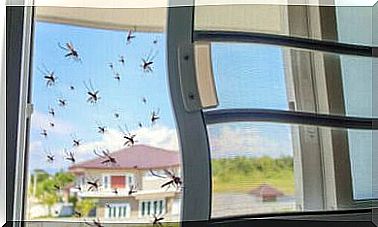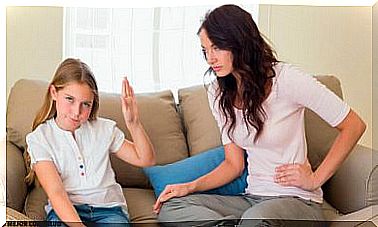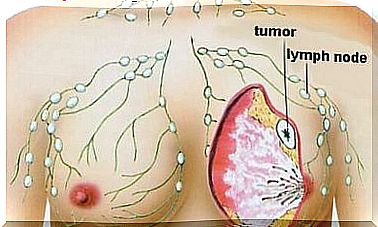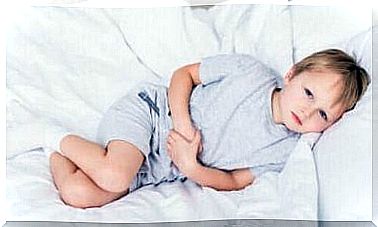How To React When Your Children Bite
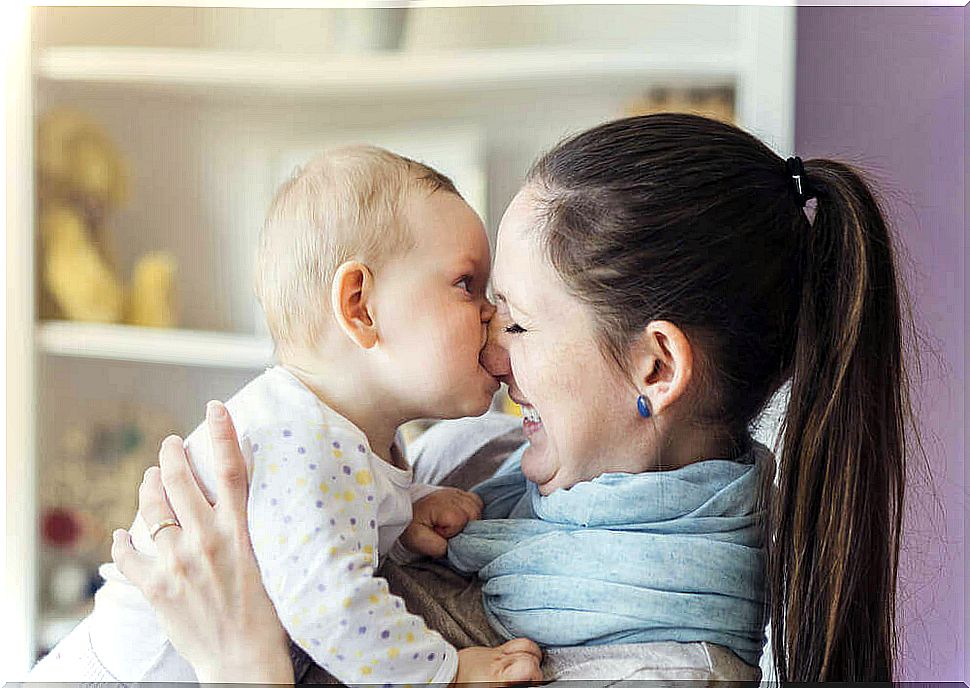
It is common for children to bite in a phase that occurs between the ages of two and three. This happens when they begin to have feelings they have not had before (such as anger, frustration, or jealousy) and do not know how to channel those feelings.
While it may not be a serious problem, it can still be very common. They do not know how to properly express how they feel, so therefore they do this by biting.
Why do children bite?
Understanding what lies behind this behavior in the first place is the key to getting your child to stop this aggressive behavior. Generally, this happens when a child is under the supervision of a stranger or out of sight of their parents.
But sometimes children bite their siblings or their parents. Bite is an expression of something and it is important to find out what. Children bite due to a situation in the home, which can be one of the following:
- The loss of a close relative or a parent
- The arrival of a new baby, which triggers jealousy
- Divorce
- A relocation or a new environment that is not known
- Witnesses other violence within the family
- They feel frustrated, lonely or helpless
- Children need love or more freedom
- They are upset or overstimulated
- They bite in response to being bitten
- Children can even bite to express love
- Bites can also be an expression of anger or fear
What to do when children bite?

Just as it is common to have a child who bites at a young age, they will probably also stop doing so as they get older. Knowing that it is a common problem does not reassure the parents of a child who is exhibiting this behavior now, much less the parents of the child who has been bitten.
If you find yourself in the situation where you see your child biting someone or an educator tells you that this behavior has occurred, we suggest you follow some of the tips we share below.
It is best to help your child overcome this phase as soon as possible.
Take care of the child who has been bitten while not ignoring the child who bit
If the child bites another child, calmly and carefully handle the child who has been bitten and do not ignore the child who is guilty of this act. First take care of the victim and make sure they do not need medical attention.
Make sure the child who exhibited this behavior realizes that the act of biting does not cause attention.
You should involve the child who has bitten so that they can see that their action is causing pain and injury.
Do not treat them relentlessly – it will only confine you and make them reluctant to explain why they behaved in this way.
Also read: Why do Japanese children always obey their parents?
Stay calm and do not punish when your children bite
While it’s easy to get carried away by anger when you see this aggressive behavior, stay calm. A violent response, extreme reprimands or punishments will only create the anger and frustration that triggered the bidet in the first place.
With some gentle calm words, explain to the child that bite hurts and it is a behavior they should not repeat again no matter how angry they are.
Talk to your child about how to act when they are angry
Teach your child to seek help from the nearest adult when they feel angry. Bites are most common in day care centers and kindergartens, so your child should learn to express their feelings to the educator first.
If another child took a toy from them, they should learn to tell the child that they do not like what they did. Then they must inform the educator so that they can resolve the situation.
It is very important that you also talk to the educator. You need to know how they handle aggressive or angry situations among the children during their care.
Also read: How to give your children advice
Use positive reinforcement
Reinforcement of positive behavior is much more effective than focusing on aggressive behavior. After the age of three, children begin to enjoy the company of their peers. When playing quietly with friends, be sure to praise their good behavior.
“See how well you play with your friend! You are so good!”
Talk to them about biting at the same time. When they eat, explain why we bite things like bread and fruit as well as why they should not bite their friends.
Never bite a child
Some people think that if they return the bite to their child, then they will understand that the bite is painful. I ntet could be further from the truth. Instead, a child will learn that it is an acceptable way to release his anger.
The example you give your child is stronger than anything you can teach them. Never bite your child, not even for fun.
Keep an eye out and intervene
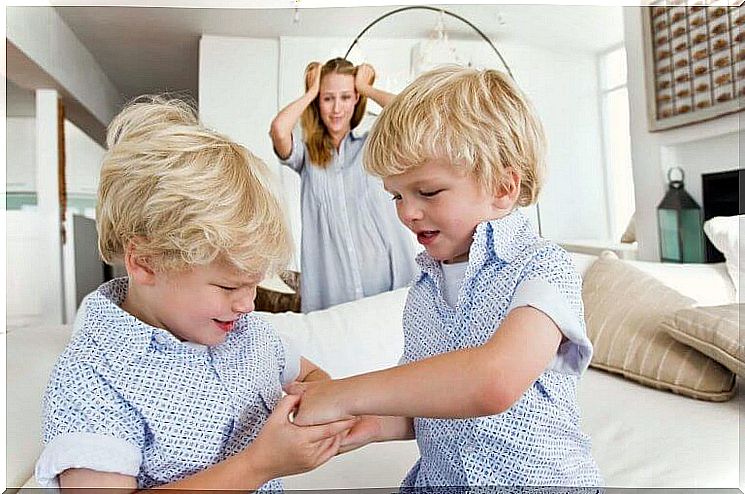
While children will learn to control themselves, pay attention to the factors that trigger bites. This will allow you to see what can cause such a situation and prevent it in the first place.
The moment you discover that your child is about to bite someone, you need to be tough. Without losing your temper, remove them from the situation and explain why what they did is wrong.
“It’s wrong to bite, and I will not let you bite your friend.”
Conclusion: When your children bite
The most important thing is to remind your child that you love them.
The love you show your child will help them express the emotions that led them to bite and lose their temper. You need to make it clear that you do not accept it when your children bite, but that you do not want to stop loving them either.

